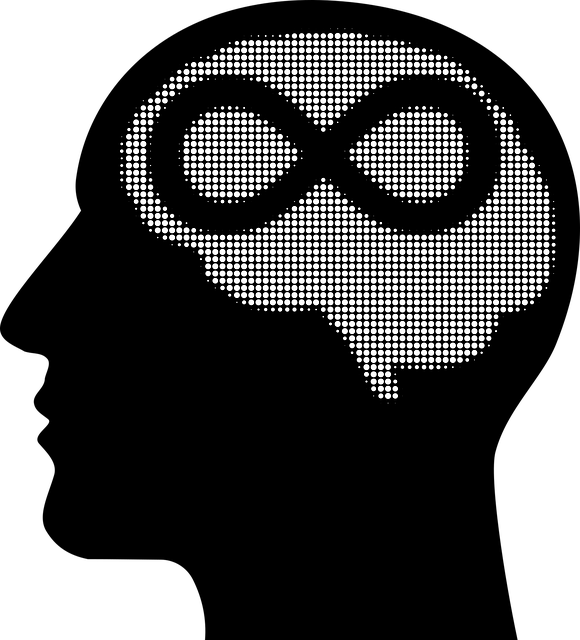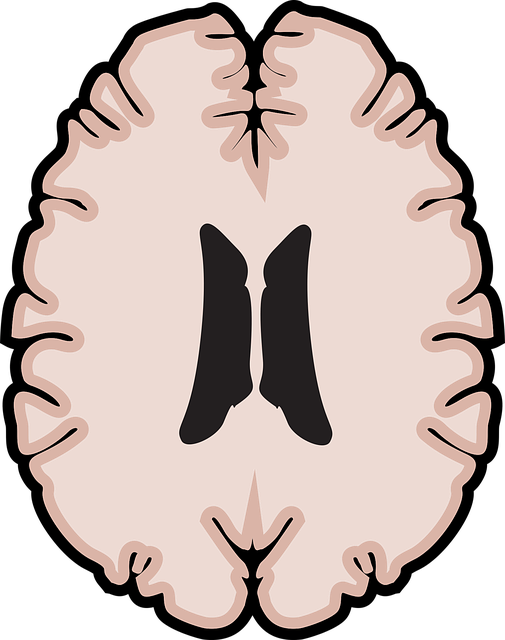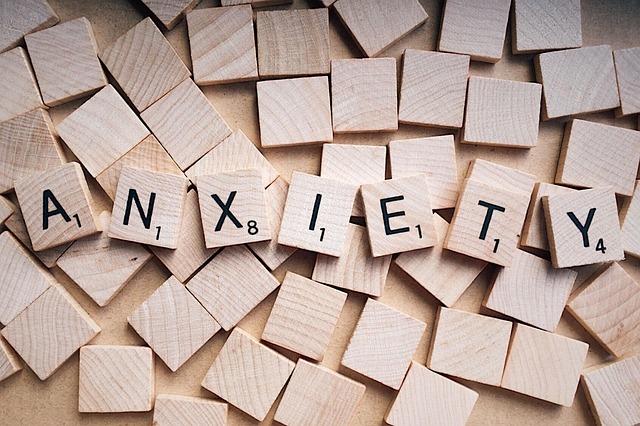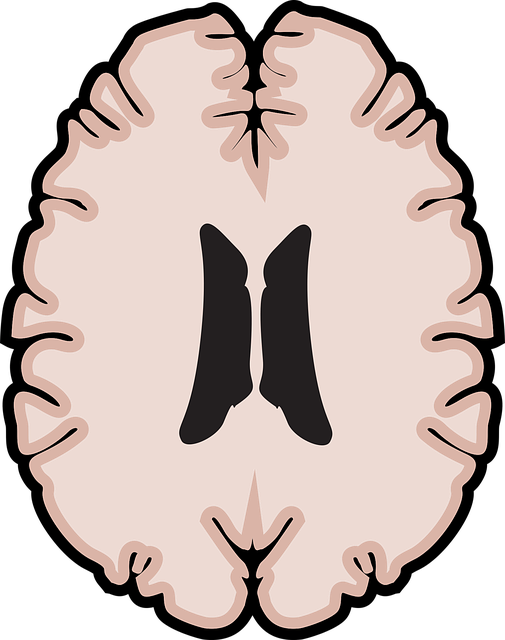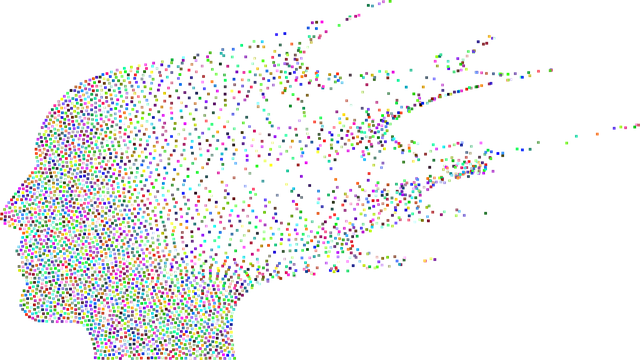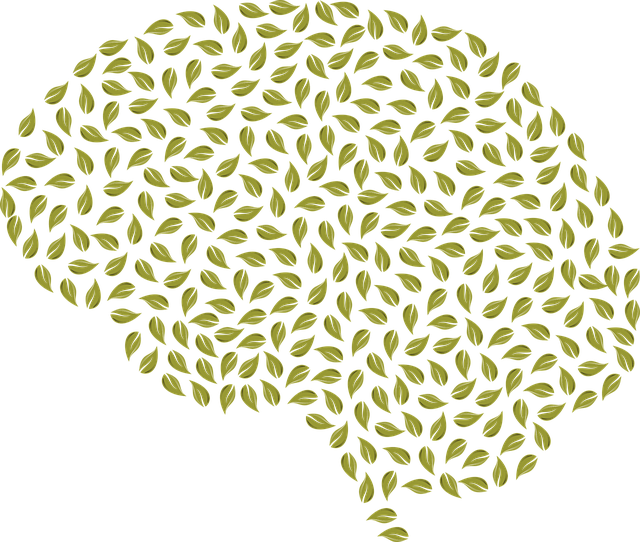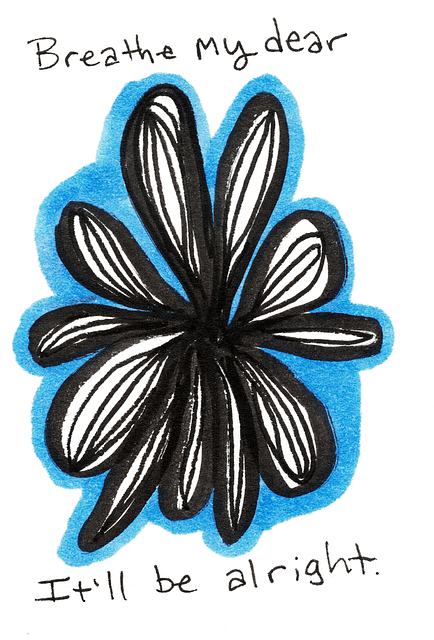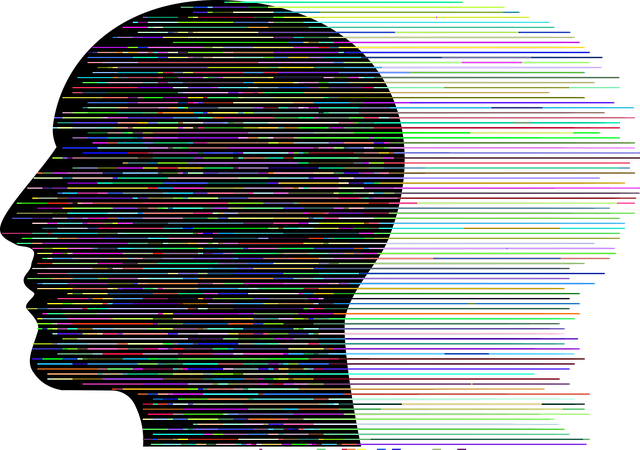Boulder Russian Speaking Therapy addresses a critical gap in mental healthcare accessibility by offering culturally sensitive services tailored to Russian-speaking individuals. By incorporating evidence-based practices, personalized approaches, and initiatives like mindfulness and podcast series, this therapy improves diagnosis accuracy, encourages open communication, and promotes holistic well-being for diverse communities within Boulder. Continuous education and patient-centered methods are key to enhancing mental illness diagnosis reliability in evolving healthcare landscapes.
Mental illness diagnosis accuracy is a critical aspect of effective treatment, yet it remains challenging due to complex symptoms and individual experiences. This article explores various efforts aimed at improving diagnostic reliability, highlighting unique initiatives like Boulder Russian Speaking Therapy—a cultural bridge in mental healthcare that addresses language barriers. We discuss innovative techniques, patient-centered communication approaches, and the vital role of continuous education and training in building a stronger foundation for precise diagnoses.
- The Challenge of Mental Health Diagnosis Accuracy
- Boulder Russian Speaking Therapy: A Cultural Bridge in Mental Healthcare
- Innovative Techniques to Enhance Diagnostic Reliability
- Patient-Centered Approaches for Improved Communication
- Continuous Education and Training: Building a Stronger Foundation
The Challenge of Mental Health Diagnosis Accuracy

Diagnosing mental health conditions accurately is a complex challenge that often proves difficult for healthcare professionals. The human mind is intricate and unique to each individual, making it challenging to pinpoint specific symptoms and match them to established diagnostic criteria. This complexity is further compounded by the diverse range of mental illnesses, each with its own set of signs and manifestations, which can sometimes overlap or present atypically.
In Boulder, Russian-speaking therapy services have emerged as a valuable resource for addressing these challenges. Therapists skilled in Russian language and culture offer specialized care tailored to the specific needs of Russian-speaking individuals. By incorporating evidence-based practices such as Mood Management techniques, Social Skills Training, and creating engaging Mental Wellness Podcast Series Production, these therapists enhance diagnostic accuracy and patient outcomes. Such personalized approaches ensure that patients receive culturally sensitive care, fostering trust and encouraging open communication, ultimately leading to more precise assessments and effective treatment plans.
Boulder Russian Speaking Therapy: A Cultural Bridge in Mental Healthcare

Boulder Russian Speaking Therapy serves as a cultural bridge in mental healthcare, addressing a significant gap in accessibility for Russian-speaking individuals seeking support. With a growing diverse population, it’s essential to provide services tailored to various cultural backgrounds. This therapy offers a safe space for those who may face language barriers or cultural misunderstandings when navigating mental health treatment. By providing therapists fluent in Russian, Boulder Russian Speaking Therapy enhances communication and understanding, fostering trust and improving diagnosis accuracy.
This approach not only benefits immigrants and refugees but also caters to the needs of Russian-speaking families and communities within Boulder. Through specialized services, they can address unique challenges related to self-esteem improvement, mindfulness meditation practices, and even produce a Mental Wellness Podcast Series tailored to their linguistic and cultural preferences. Such initiatives contribute to a more inclusive mental healthcare system, ensuring that everyone has access to the support they need for their mental wellness.
Innovative Techniques to Enhance Diagnostic Reliability

In recent years, the mental health field has witnessed a surge in innovative techniques aimed at enhancing the reliability and accuracy of diagnoses. One such advancement is the integration of Boulder Russian Speaking Therapy, which offers specialized services for individuals whose primary language is Russian. This approach not only ensures cultural sensitivity but also improves diagnostic precision by addressing unique communication barriers often faced in traditional therapy settings. By facilitating open dialogue, therapists can gain deeper insights into a patient’s experience and symptoms, leading to more accurate assessments.
Additionally, improving diagnostic reliability involves empowering patients with effective communication strategies and promoting self-care routine development for better mental health. Encouraging individuals to express their feelings and thoughts openly and teaching them coping mechanisms can significantly enhance the therapeutic process. Furthermore, community outreach program implementation plays a crucial role in raising awareness about mental illness, reducing stigma, and encouraging early intervention. These collaborative efforts collectively contribute to creating a more inclusive and effective mental healthcare system that benefits diverse communities.
Patient-Centered Approaches for Improved Communication

In efforts to enhance mental illness diagnosis accuracy, patient-centered approaches have emerged as a powerful tool. These methods prioritize open and empathetic communication between patients and healthcare providers. By fostering an environment where individuals feel heard, understood, and respected, therapists can gain deeper insights into their experiences and symptoms. This is particularly beneficial for diverse communities, such as those with Russian speaking backgrounds in Boulder, where cultural sensitivity and linguistic accessibility are paramount. For instance, a Russian speaking therapy organization in Boulder might employ these strategies to bridge communication gaps and ensure accurate assessments.
Patient-centered approaches not only improve diagnostic accuracy but also contribute to more effective treatment planning. Techniques like Social Skills Training and Mood Management focus on empowering individuals with the tools to actively participate in their care. Additionally, Stress Management Workshops organized by such entities teach coping mechanisms tailored to personal needs, promoting self-advocacy and overall well-being. These holistic efforts ensure that patients are not only diagnosed accurately but also equipped with the knowledge and skills to manage their mental health effectively.
Continuous Education and Training: Building a Stronger Foundation

In the pursuit of enhancing mental illness diagnosis accuracy, continuous education and training play a pivotal role. The field of mental health is constantly evolving, with new research and therapeutic approaches emerging regularly. Providing professionals with ongoing learning opportunities ensures they stay abreast of these developments, fostering more effective assessment and treatment strategies. For instance, specialized programs like Boulder Russian Speaking Therapy offer unique perspectives and tools tailored to diverse populations, enriching the diagnostic toolkit of healthcare providers.
This continuous education extends beyond clinical knowledge to include essential skills such as active listening, empathy, and cultural sensitivity. By integrating these competencies, mental health professionals can build stronger foundations for accurate diagnoses. Moreover, encouraging Self-Care Routine Development for Better Mental Health and organizing Stress Management Workshops can empower individuals to adopt proactive Self-Care Practices, creating a supportive cycle that enhances overall well-being and improves outcomes in diagnosis and treatment.
In addressing the challenge of mental health diagnosis accuracy, various innovative efforts prove pivotal. From cultural initiatives like Boulder Russian Speaking Therapy, which bridges linguistic gaps in care, to advanced techniques and patient-centered communication approaches, these strategies collectively enhance diagnostic reliability. Continuous education and training further solidify this foundation, ensuring healthcare professionals are equipped to provide precise, culturally sensitive diagnoses. By integrating these improvements, the mental healthcare landscape evolves, ultimately fostering better outcomes for patients.

